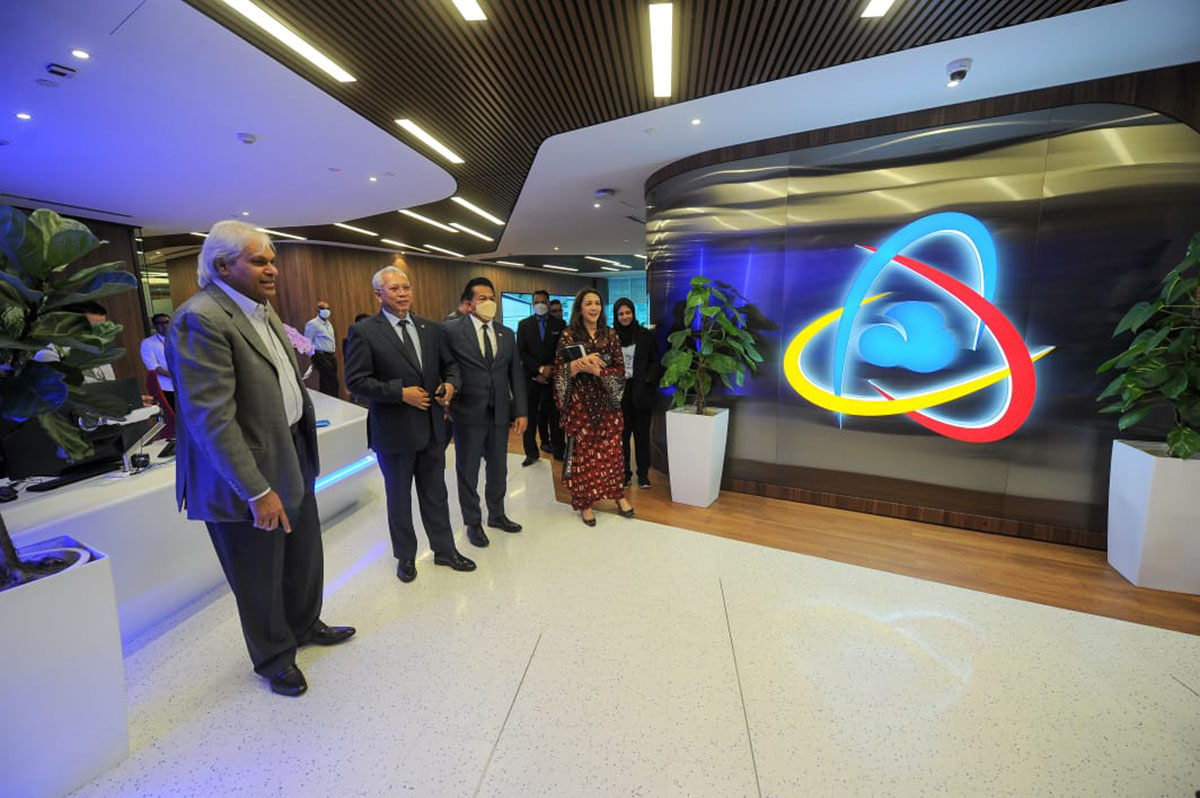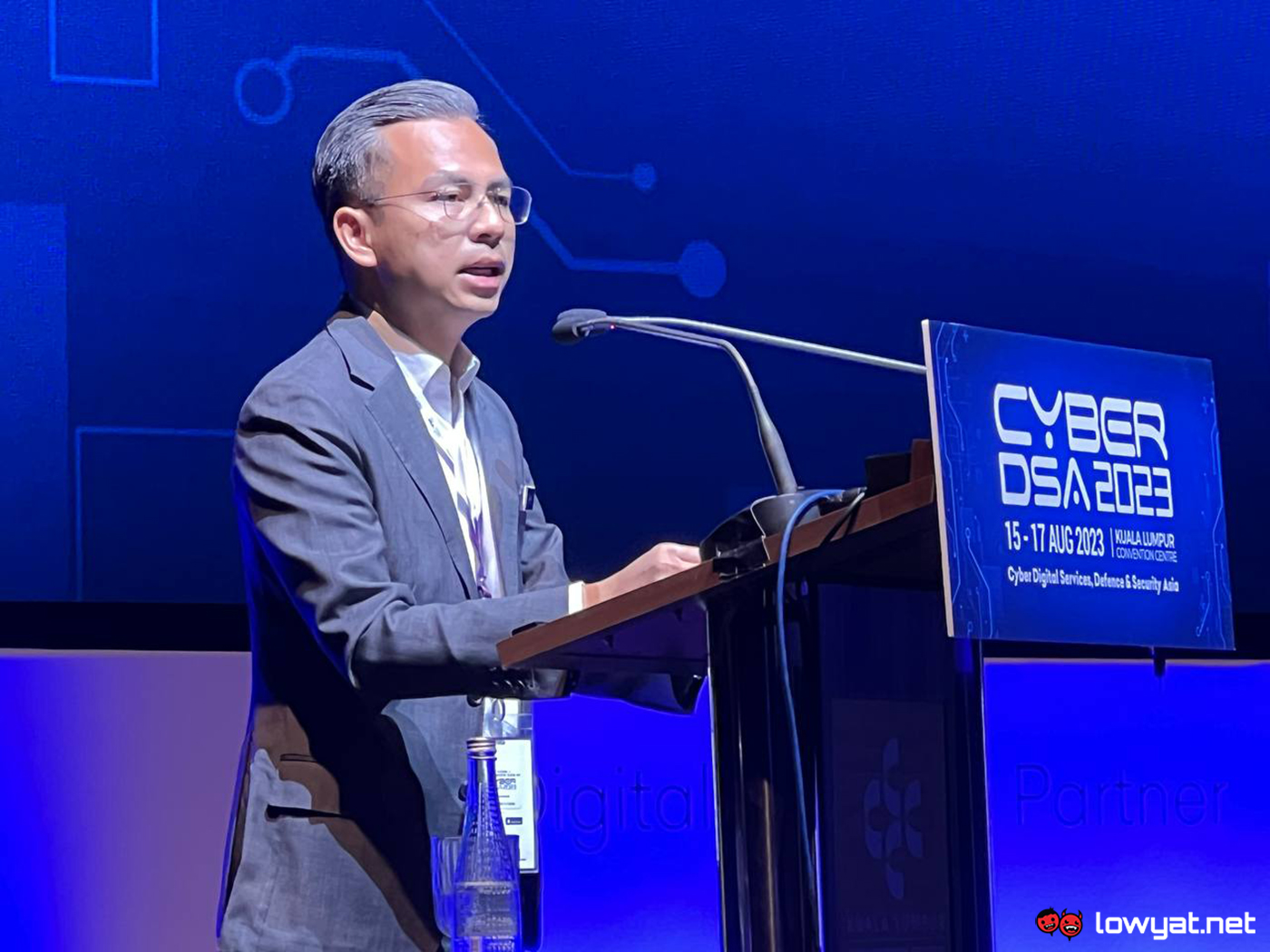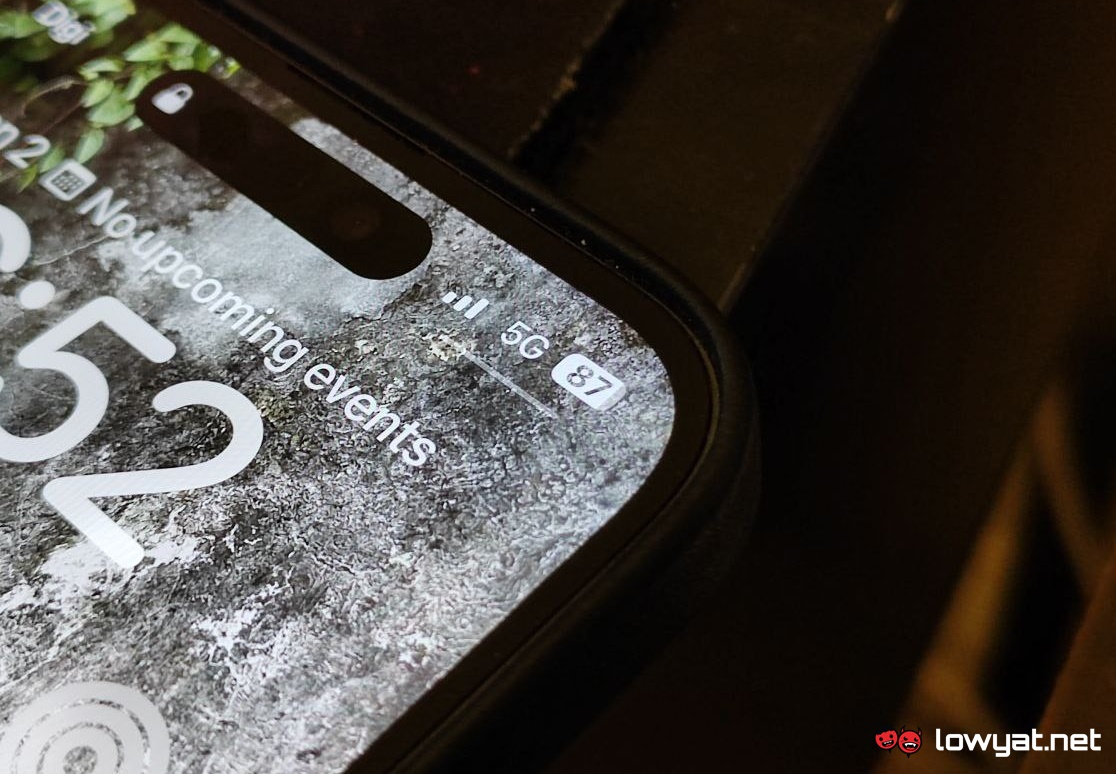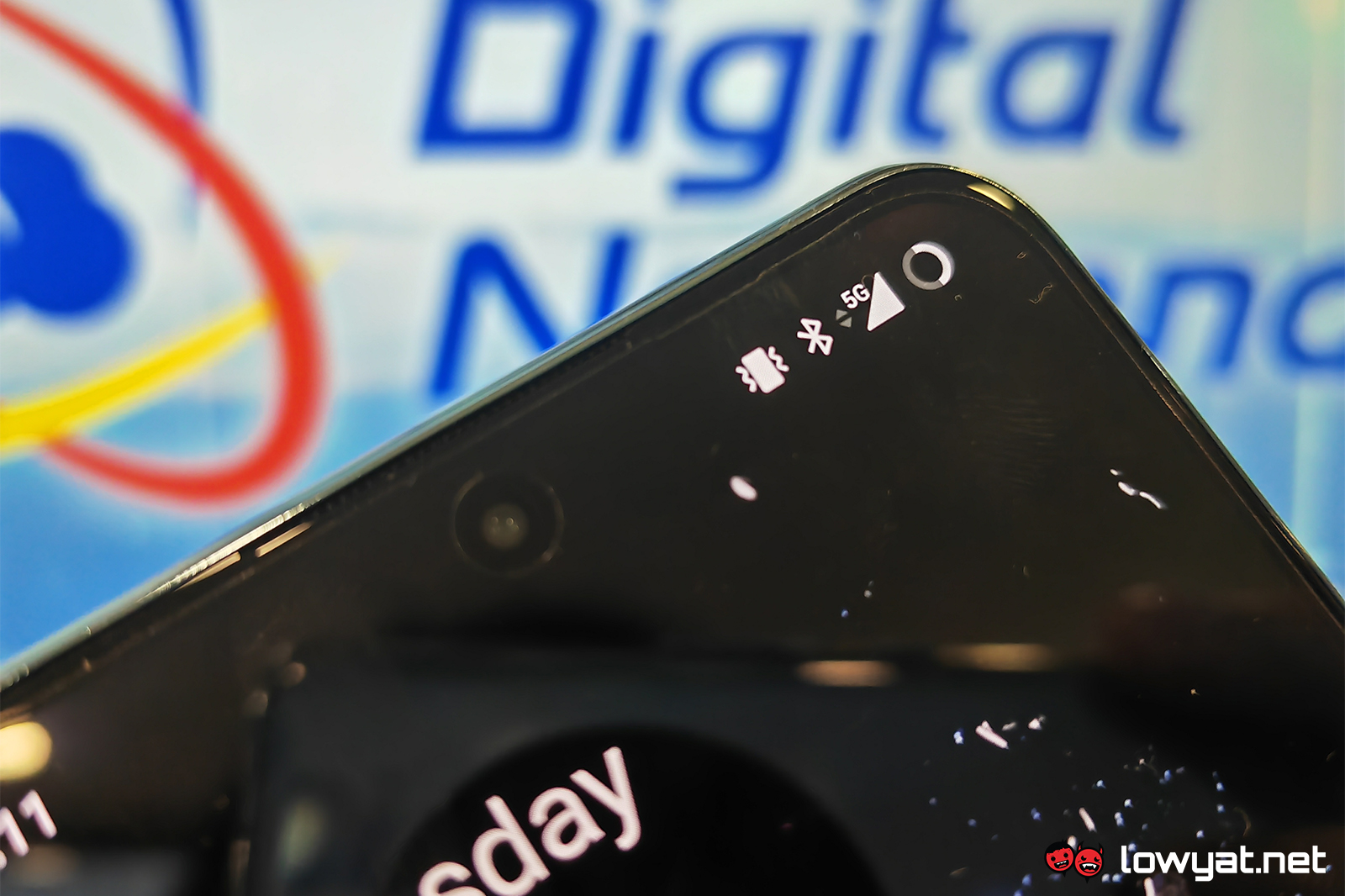A report by Channel News Asia (CNA) has shed some light on the 5G rollout plan in our country. According to the news portal, it’s not pretty.
CNA says that communication and the agreement reached by both the five telcos in the country – Maxis Broadband, CelcomDigi, U Mobile, Telekom Malaysia, and YTL Power International – and the state-owned 5G operator, Digital Nasional Bhd (DNB), have pretty much broken down.
As a quick primer, back in December last year, DNB caved and announced that the five telcos would own an accumulative stake of 70% in the country’s single wholesale network, and then signed their Share Subscription Agreement (SSA). Each telco then agreed to inject RM233 million, to get their 14% stakes of the 5G pie. DNB also claims to have exceeded its goal of an 80% 5G population coverage since then but given the lack of updates on 5G deployment, it is unclear if the entity has deployed or exceeded the 7,509 site it aimed for.
It’s been four months since then, but both sides have yet to agree on the so-called condition precedents (CP), a legal term for events that are required to take place before a contract is able to come into effect. In the case of the 5G rollout, this included appointing directors who will represent the telcos on DNB’s board, and three confidential audits of the state-owned entity by external experts. These audits would include financial standing, due diligence on large contracts signed by company, and a technical evaluation of its 5G systems.
According to a senior Finance Ministry official who claims to be monitor the 5G situation, they say that the audits are ongoing but there is no agreement on the composition of the board. “Nothing is moving because telcos are starting to have doubts on the path forward.”
One reason for the breakdown is that there is also a quiet rethink of whether having a second network is the way, said one senior board director of Telekom Malaysia, who spoke on the condition of anonymity. They are, of course, referring to the second stage of the agreement: upon reaching 80% saturation, the telcos would be allowed to acquire stakes in DNB or to form a joint venture to open up a second 5G network.
Another reason for the breakdown is the deep, deep mistrust between the telcos and DNB; questions have arisen over the state-owned 5G entity over its decision to award the Swedish telecommunications company, Ericsson, the rights to develop the country’s 5G infrastructure, estimated to have cost close to RM5 billion. Along with other arrangements with third parties over software procurement.
“Our issue with DNB has always been about transparency and that remains a hurdle,” noted the chief executive of a financial consulting agency, which has been engaged by one of the local MNOs. To that end, the state-owned 5G entity has also insisted that only the board’s directors be allowed access to review the ongoing due diligence into its affairs, with the findings to remain confidential and not be shared with the other telcos.
Then there are the deepening financial concerns of DNB. To rollout the country’s 5G infrastructure, the state-owned company has borrowed RM2 billion from local banks along with other financing arrangements. However, the government guarantee for it expires at the end of this year. This has led DNB officials to pressure the current Anwar administration to break out of its current policy inertia, as it could fast a cash crunch over the coming month.
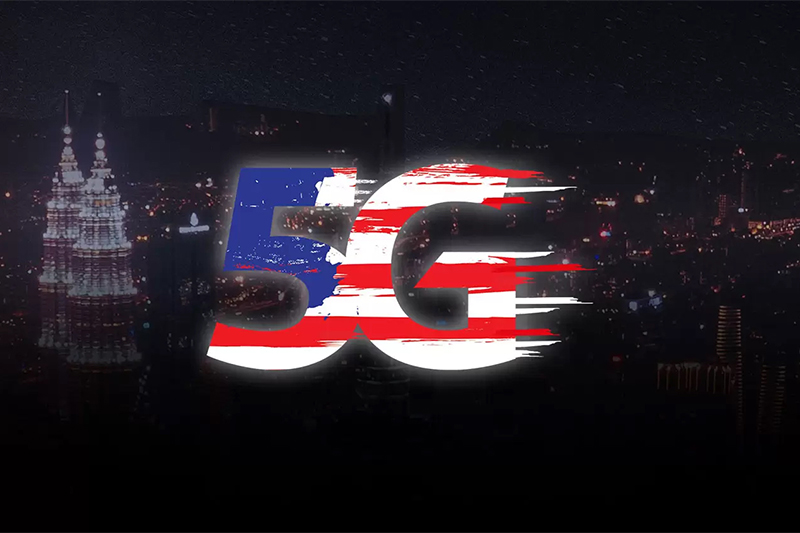
(Source: CNA)
Follow us on Instagram, Facebook, Twitter or Telegram for more updates and breaking news.


